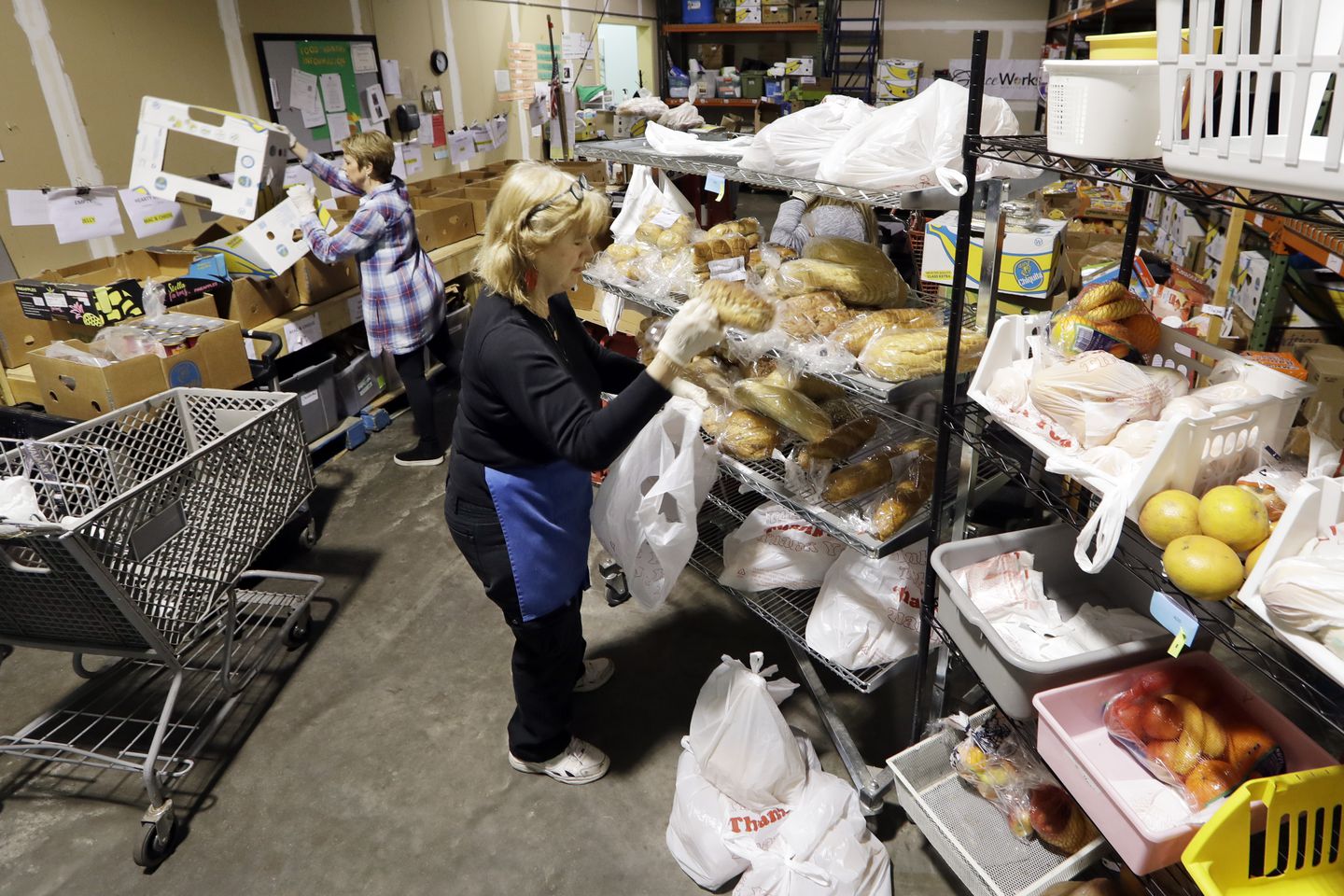By: José Andrés – washingtonpost.com – April 20, 2020
But what do you see in thousands of cars outside a food bank in San Antonio? Or cars lined up for hours outside supermarkets in Puerto Rico when people heard about food and water deliveries after Hurricane Maria?
I am a cook. Over the past few years, I have learned a lot by feeding the many, not the few, after disasters across the world.
The good news is that communities grow stronger in disaster: New leaders emerge in unlikely places, and neighbors look after one another.
The bad news is that until reliable supplies of food and medicine are guaranteed, people cannot return to normal. The search for food will be their top priority, taking up precious hours every day.
Recovery starts with admitting that we have a food crisis — in addition to the health crisis of the pandemic and economic crisis of the recession.
Some see this pandemic as a war. If this is a war, it is one we are waging with no generals and a volunteer army funded by philanthropy.
Our food supply should be a national security priority. This pandemic shows that food has been an afterthought, handled by charities and volunteers who cannot cope with the scale of today’s challenge. Under the Federal Emergency Management Agency, “mass care” — including feeding — is a joint exercise among traditional charities, faith groups and the private sector. This is called a whole community response.
This sort of patchwork is no match for covid-19. In Hurricane Maria, the system collapsed. People had no money, supermarkets had no power, restaurants were closed, and traditional charities struggled to adapt. Above all, there was no leadership dedicated to food and water.
Leadership counts. We need leaders who listen to experts and do not pass the buck. Today there are no leaders when it comes to feeding all our citizens — nobody is responsible for the nation’s needs.
The United States is blessed with great farms and a food supply chain that delivers to restaurants, hotels and supermarkets. In normal times, the private sector does most of the work, supported by an invisible army of immigrants. In normal times, the rest of us take this for granted because shelves are full and food can be delivered.
In normal times, America can feed itself; unlike other elements of our economy, the food supply doesn’t rely on Chinese factories or Saudi tankers.
But these are far from normal times. Dairy farmers are dumping millions of gallons of milk into lagoons and pits and destroying millions of eggs. Vegetable farmers are plowing ripe produce back into the ground. Meanwhile, food banks are overwhelmed, and the elderly cannot safely shop at supermarkets.
Our government’s response is a patchwork that falls far short of what’s needed. Restaurants — the second-largest private employer in the country — are supported by the Small Business Administration, which has been overwhelmed. Farmers are supported by the U.S. Department of Agriculture. Most of the USDA’s $19 billion in aid is earmarked for farmers’ losses. Just $3 billion is supposed to help feed hungry Americans. Food aid should be prioritized, and cash allowed to flow through to distributors and small farmers.
We urgently need a food czar who sits on the National Security Council to serve as our general for this crisis and those that lie ahead. Just as we reimagined our national defenses after 9/11, we need to reimagine our health defense to include food. We realize that we’d never taken the terrorist threats seriously enough until after the attacks. Ignoring the serious threat posed by food insecurity repeats those mistakes. Early studies have found a connection between obesity and deaths from covid-19, especially among younger Americans.
Health defense starts with healthy food. Groups such as Mission: Readiness, supported by hundreds of retired generals and admirals, understand that we cannot have a strong country without healthy, well-fed children.
This crisis points up the need to rethink every part of our broken food chain and turn the private sector into a force for public good, as I have proposed with my America Eats Now plan. Doing so would allow Congress to deliver food and economic assistance at the same time.
Shuttered arenas and convention centers should be turned into large-scale food banks and community kitchens, as World Central Kitchen has done at Nationals Park. Restaurants should reopen to prepare and deliver food to the elderly and sick, through partners such as Grubhub and Uber Eats. If necessary, the National Guard could help deliver food to food banks.
Food aid through the Supplemental Nutrition Assistance Program should be extended, urgently, to online purchases and hot meals. Take politics out of it. Hunger and food insecurity exist in both red and blue states, just like the pandemic and recession.
We need to think back to the Great Depression to understand the magnitude of today’s crisis and how to respond. “Wherever they’s a fight so hungry people can eat, I’ll be there,” Tom Joad says in “The Grapes of Wrath.”
Hungry people are fighting to eat all across this country. We need to be there now.
To see this article, others by Mr. Andrés, and from The Washington Post, click read more.
Source: José Andrés: Our people are hungry. We need a leader who will feed them. – The Washington Post
 Listen Online
Listen Online Watch Online
Watch Online Find a Station in Your Area
Find a Station in Your Area







 Listen Now
Listen Now Watch Online
Watch Online
